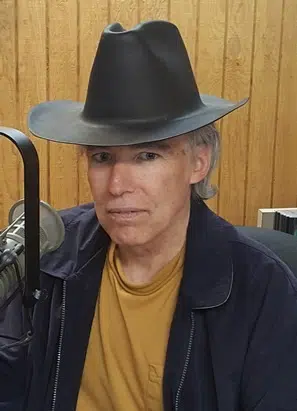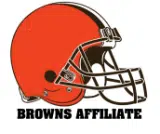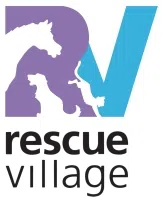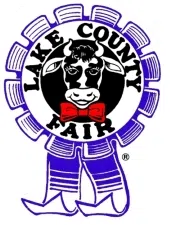His voice was steady and his eyes were clear as the bravest man in the world spoke on Tuesday.
“I would like to be honest,” said Dodgers manager Dave Roberts. “We met with Shohei.”
As the earth split in two, as frogs rained down upon distant lands, as children across the planet wailed and gnashed their teeth, he continued.
“We talked,” Roberts said, “And I think it went well.”
A few hours later, his general manager admonished him. “Dave made a comment,” said Brandon Gomes sadly. “We, for us personally, don’t feel comfortable going into it any further.”
You can understand why Gomes was so horrified. Shohei Ohtani, the 29-year-old free agent two-way star who will likely command half a billion dollars, reportedly told teams that any leaks of information about his free agency would be held against them, which is certainly one way to decide where to spend the next dozen or so years of a person’s life. So the Dodgers cannot know how much Roberts’s admission, which included the groundbreaking revelation that Ohtani was the team’s “top priority,” affected their pursuit.
But if it did at all, that says more about Ohtani than it does about the Dodgers.
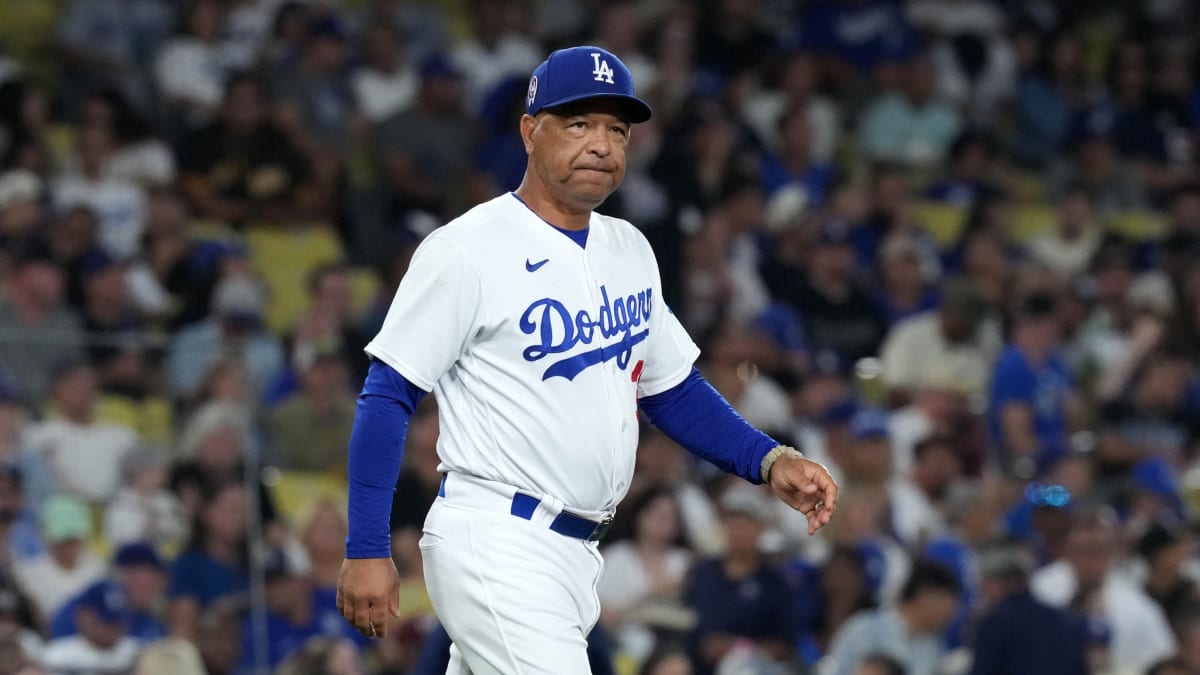
Kirby Lee/USA TODAY Sports
The secrecy he and his camp have insisted on maintaining, initially almost funny—he won’t tell us his dog’s name!—has created something of a farce.
Giants manager Bob Melvin would not discuss his team’s reported meeting with Ohtani. “No comment on that,” he said. Blue Jays manager John Schneider would not discuss his team’s reported meeting with Ohtani. In response to four different questions, he said, “We meet with a lot of players,” or a variation. By those standards, Cubs manager Craig Counsell was positively loquacious. “I have not [met with Ohtani],” he said. Asked if any of his colleagues had, Counsell repeated, “I have not.”
At least one team official privately suggested that dispensing any more information would run afoul of the commissioner’s office. As anyone who has followed the free agency of any other player in history can attest, teams often manage to discuss players without inviting grievances from the union. Indeed, the issue in question is one of what the collective-bargaining agreement calls “use of media” and which prohibits clubs only from disclosing information that might hurt the market of a player.
It would, then, be perfectly legal for Gomes to address Roberts’s comments not by sounding disappointed but by doubling down. “Shohei Ohtani is the most talented baseball player who has ever lived,” he might say, “And we would like him to play on our baseball team.” He might add that, in fact, it would be irresponsible for a team with the stated championship aspirations of the Dodgers, for a team with the payroll capacity and payroll flexibility of the Dodgers, for a team with the desire to be a worldwide brand of the Dodgers, to not meet with Ohtani. He might say that Ohtani is such a priority for the team that he is willing to disclose his interest so that fans understand how hard he is working to secure the services of this unicorn.
Any of the teams vying for the chance to employ Ohtani could have made that choice. But only Brave Roberts found the mental fortitude to reveal so much.
He seemed to wonder as he spoke whether he had done the wrong thing. “For me, it’s hard to get a pointed question and then to just give a false answer knowingly,” he said. “So I don’t think it’s disrespect to anybody in Shohei’s party or on our side. I think that the details are going to be withheld, which I think they should be, but it’s pretty clear he’s a priority for us.”
All along, Ohtani has held closely precisely what he values in his search for a long-term home. If it’s money, or fame, or the chance to chase a ring, he could sign any of a dozen places. If it’s courage, he should probably sign with the Dodgers.




